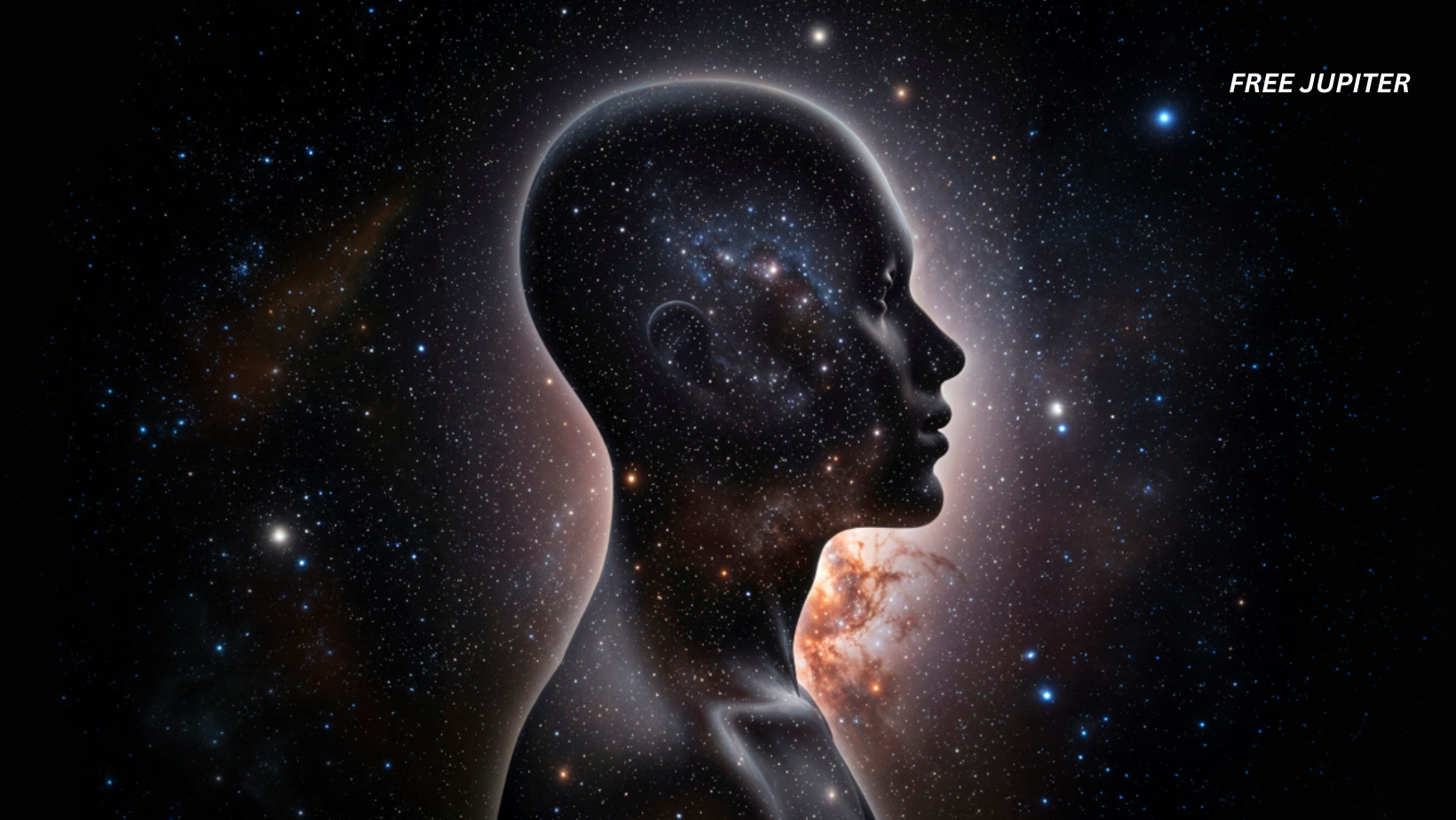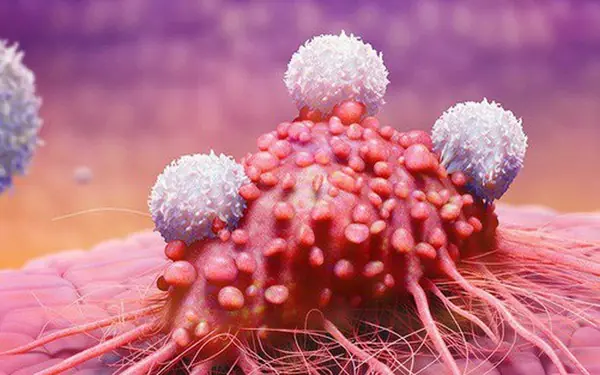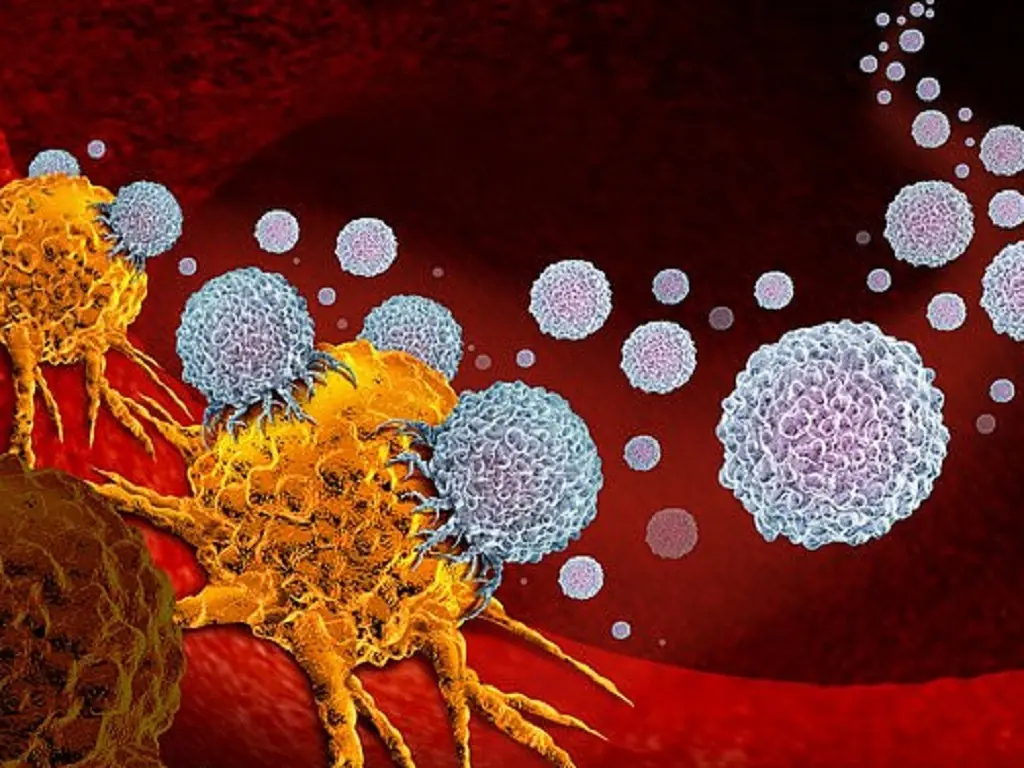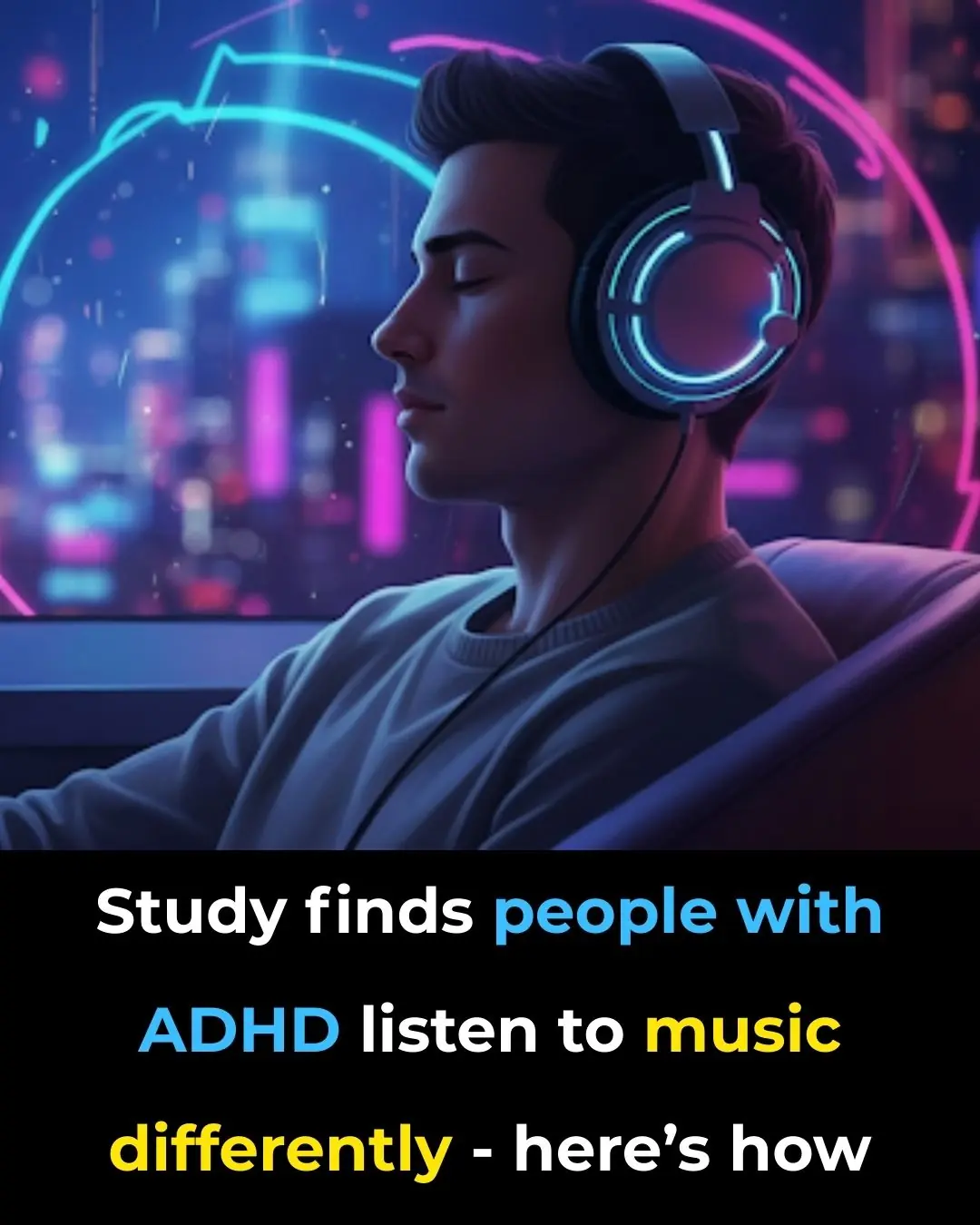
Consciousness Is Not Confined to the Brain, But Is Connected To The Whole Universe, Scientists Say

Friendly Note: FreeJupiter.com provides general information for curious minds 🌟 Please double-check all claims—and always consult a professional when it comes to health and science 💙
Could Your Mind Be Quantum? The Surprising Science Behind Consciousness and the Universe
Imagine your thoughts radiating beyond your body, subtly rippling through the fabric of the cosmos. It sounds poetic—maybe even far-fetched—but according to a growing number of scientists, this might not be mere science fiction. In fact, emerging theories suggest that human consciousness could be more than just brain chemistry. It might be a quantum phenomenon, deeply woven into the universe itself.
What Is Consciousness, Anyway?
Before diving into quantum physics, let’s talk about consciousness itself. At its core, consciousness is your inner awareness—your ability to think, reflect, feel emotions, make decisions, and experience the world around you. It’s what makes you you.
Even with today’s brain scans, AI models, and neuroscience breakthroughs, we still can’t fully explain how this intangible thing called awareness arises from physical matter. This mystery is so profound that scientists call it the "hard problem of consciousness."
Yes, we know that neurons fire electrical signals and communicate through chemical messengers. But that alone doesn’t explain why or how we experience anything. Why does electrical activity feel like joy, sorrow, or the taste of chocolate?
That’s where quantum theory enters the conversation—and flips the whole discussion on its head.
Quantum Mechanics and the Brain: The Orch OR Theory
One of the boldest and most fascinating ideas about consciousness is called Orchestrated Objective Reduction, or Orch OR for short. It was proposed in the 1990s by theoretical physicist Sir Roger Penrose and anesthesiologist Dr. Stuart Hameroff.
Their theory challenges the traditional view that consciousness is just a byproduct of neuron activity. Instead, they suggest that consciousness may arise from quantum processes occurring inside our brain cells.
The key players? Microtubules—tiny, tubular structures found in neurons. While their known roles involve maintaining cell structure and aiding in transport, Hameroff and Penrose believe microtubules could function like quantum processors, running on the same mind-bending rules that govern subatomic particles.
In quantum physics, particles can exist in multiple states at once (superposition) and influence each other instantaneously across space (entanglement). If microtubules really operate on this level, it could mean our minds aren’t just brain-bound—they may be entangled with the broader universe in some measurable way.
The Heat Problem: Can Quantum Effects Survive in the Brain?
A major criticism of the Orch OR theory has been that the human brain is too warm and noisy for fragile quantum phenomena to survive. In labs, quantum states are usually only observed at near-zero temperatures, under extremely controlled conditions.
However, recent studies are starting to change that assumption.
In 2022, researchers from MIT and other institutions showed through simulations that quantum coherence could last longer than expected in biological systems. They found that photosynthesis in plants, enzyme reactions, and even bird navigation may rely on quantum effects. That means nature might already be using quantum tricks—even at body temperature.
More intriguingly, some experiments are now finding that microtubules in brain cells can hold quantum states, even in the brain’s warm, buzzing environment. This makes the idea of quantum consciousness more plausible than ever before.
Is Your Consciousness Connected to the Cosmos?
Let’s take it one step further.
Theoretical physicist Timothy Palmer has proposed something called Invariant Set Theory, which posits that the universe follows a deeply interconnected, fractal-like structure. According to Palmer, consciousness could emerge from this geometric framework, which he describes as a cosmic “state space” filled with all possible realities, woven together like a multidimensional pattern.
Imagine your mind not as an isolated machine, but as a radio receiver—tuned into a specific frequency of a much larger, universal broadcast. In this view, our awareness, intuition, and sense of free will could be reflections of a deeper, mathematical order embedded in the universe itself.
Other Theories with a Cosmic Twist
Quantum theories aren’t the only ones proposing that consciousness goes beyond biology. Several other frameworks—from ancient philosophy to modern neuroscience—are circling a similar, revolutionary idea: that consciousness might be a fundamental feature of reality, not just a quirky side effect of neurons firing.
1. Panpsychism: The Universe as Mindful Matter
Panpsychism suggests that everything in the universe has some form of consciousness—even atoms, electrons, and rocks. Not in the sense that a pebble writes poetry, of course, but that it contains a tiny glimmer of experience.
This idea stretches back to Galileo, who speculated about the mental nature of reality, and it’s gaining traction among modern thinkers like philosopher Philip Goff. By assuming that consciousness is universal, panpsychism sidesteps the hard problem entirely. Consciousness doesn't have to “emerge” from lifeless matter—it’s been there all along.
2. Integrated Information Theory (IIT): When Data Becomes Experience
Developed by neuroscientist Giulio Tononi, IIT suggests that consciousness is what happens when a system processes information in a deeply integrated and unified way. The more complex and interconnected the data, the richer the consciousness.
This theory even assigns a measurable value to consciousness—called Φ (phi). A simple system (like a digital clock) has very low Φ, while a human brain scores high. This theory has been used to analyze everything from brain states under anesthesia to AI networks, offering a testable framework for studying awareness in machines—and maybe even in nature itself.
So… What Could This Mean for You?
If any of these theories are even partly true, they change how we see ourselves and our place in the cosmos.
Instead of consciousness being a fragile fluke of evolution, it could be part of the universe’s operating system—a built-in feature of reality, not a bug. Your thoughts might not just be electrical sparks—they could be waves in a universal ocean of awareness.
This would also mean that when you feel connected to others, to nature, or to the stars—it might not just be imagination. It could be a kind of resonance, a real entanglement between your mind and the universe itself.
Final Thoughts (For Now)
Of course, this is still frontier science—and philosophy. The theories are beautiful, but they’re also controversial. Many researchers remain skeptical, and rightly so. The brain is extraordinarily complex, and quantum mechanics doesn’t easily lend itself to neuroscience.
But what’s exciting is the growing collaboration between fields—physics, biology, neuroscience, and philosophy—each bringing a unique lens to this ancient mystery.
In the end, consciousness may not just be a private, internal experience. It could be a cosmic phenomenon—an echo of the universe trying to know itself through us.
So next time you lie under the stars and feel a mysterious connection to the infinite… maybe, just maybe, you’re not imagining it.
Related reads:
-
What If the Universe Is Conscious?
-
Going to Bed Without Eating Could Supercharge Your Memory
-
Scientists Just Used CRISPR to Reverse the Root Cause of Down Syndrome
-
Is the Universe Inside Someone’s Brain? This Theory Says Yes—and It’s Terrifying
News in the same category


How to Use Rice Water for Gorgeous Hair and Skin (Detailed Instructions)

Beware: U.S. Salmon May Be Crawling with Japanese Tapeworm, Say Scientists

Colon Cleansing: How to Naturally Flush Your Colon at Home (Science-Based)

3 Morning Symptoms That May Signal the Onset of Canc3r

"8 abnormal signs warning of c3rvical canc3r that women need to recognize early"

If you don’t correct these 5 harmful eating and drinking habits right away, sooner or later your esophagus will also be “ravaged” by cancer cells.

If Your Feet Swell It Is a Clear Sign

Nose Picking What This Taboo Habit Really Reveals About Us

Everyday Habits That Can Cause a This Issue To Your Hands

Why Liver Cancer Is Often Detected Late – Important Warning Signs You Shouldn’t Ignore

If You See Someone with Prominent Green Veins, Make Sure to Tell Them This – It Could Save Their Life

How to Safely Remove Super Glue (502) from Your Skin Without Tearing It

3 Unusual Signs in the Neck That Could Be Symptoms of Cancer – Don’t Ignore Them!

Study Finds People With ADHD Listen to Music Differently—Here’s How

Can I Get My Metabolism Back After Stopping Lexapro and Prozac?

8 Foods High in Inulin to Eat for Better Gut Health

Proven Health Benefits and Uses of Thyme and Thyme Tea

Proven Health Benefits of Walnuts, How Many to Eat, and More (Science Based)
News Post

Why Your Legs Cramp at Night (And How to Fix It)

How to Use Rice Water for Gorgeous Hair and Skin (Detailed Instructions)

Beware: U.S. Salmon May Be Crawling with Japanese Tapeworm, Say Scientists

The Benefits of Chicken Feet Stewed with Black Beans – As Powerful as Ginseng

There are many cuts of beef, but only these 3 are considered the true “essence” – both chefs and butchers wholeheartedly agree!

Colon Cleansing: How to Naturally Flush Your Colon at Home (Science-Based)

Put this into a lemon and place it in the corner of your house – mosquitoes will stay away for good

3 Morning Symptoms That May Signal the Onset of Canc3r

"8 abnormal signs warning of c3rvical canc3r that women need to recognize early"

If you don’t correct these 5 harmful eating and drinking habits right away, sooner or later your esophagus will also be “ravaged” by cancer cells.

Is Your Air Conditioner Outdoor Unit Making Loud Grinding Noises? Use This Simple Trick to Make It Run Quietly Without Calling a Technician!

Urgent warning issued to travelers as China takes ‘covid measures’ after reporting 7,000 cases of Chikungunya virus

3 Effective Ways to Prevent Snakes from Entering Your Home Everyone Should Know to Protect Their Family

Signs to look out for amid Gordon Ramsay's health warning after undergoing cancer surgery

How to Handle Common Refrigerator Problems and a Surprising Lesson from American Toilet Habits

If Your Feet Swell It Is a Clear Sign

Why Doors in Public Bathrooms Don’t Reach the Floor

Nose Picking What This Taboo Habit Really Reveals About Us

Everyday Habits That Can Cause a This Issue To Your Hands
